Digital Product Passport (DPP) and the Role of Uatag in Sustainable Development
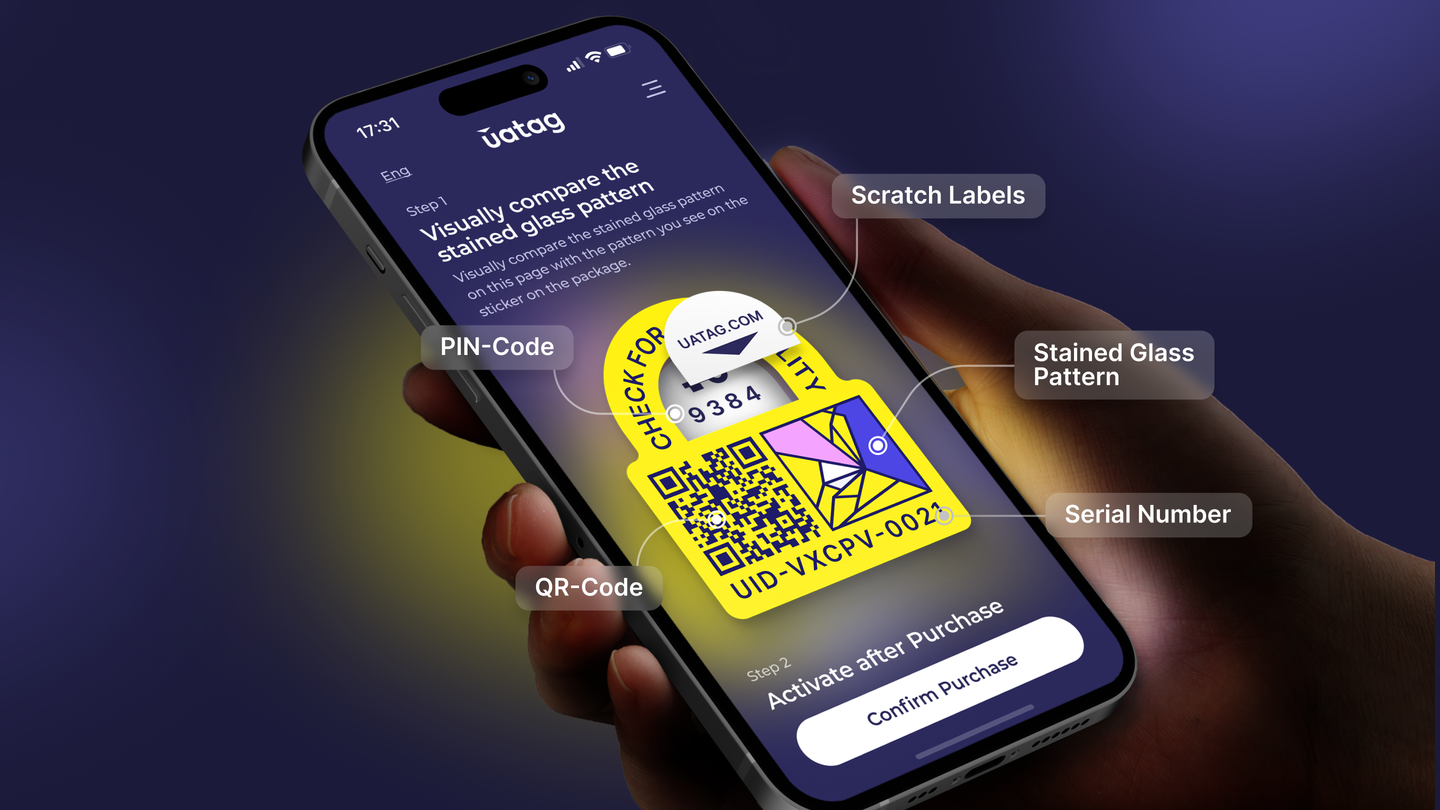
1. Introduction: Digital Product Passport (DPP) and Sustainability
One of the key initiatives of the European Commission aimed at creating a sustainable Europe is the Digital Product Passport (DPP). This is part of a broader plan — the European Green Deal, which aims to ensure sustainable development and reduce environmental impact. In March 2022, the European Commission introduced a series of proposals to enhance product sustainability, with the implementation of the DPP being a significant step toward building a circular economy in the European Union.
This initiative aims to reduce CO2 emissions by 55% by 2030 (compared to 1990 levels) and achieve climate neutrality by 2050. The DPP will serve as a tool for collecting and storing product information throughout its lifecycle. This will enable both businesses and consumers to better understand each product's environmental impact and make more informed decisions.
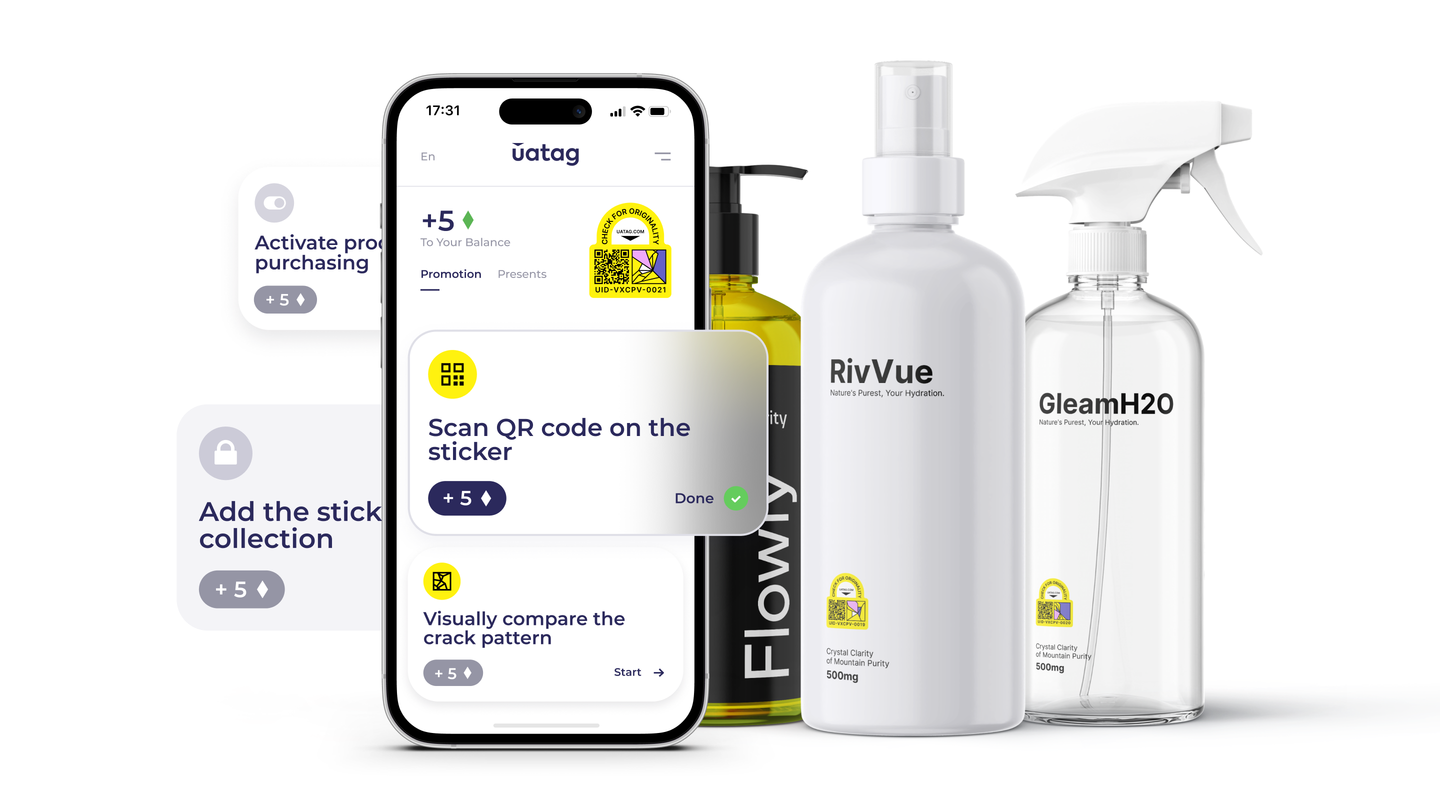
2. Why is the EU Implementing DPP?
The need to introduce the Digital Product Passport became evident after the March 2022 proposal on Sustainable Product Regulation. It is expected that by 2026, digital passports will be implemented in sectors such as:
- Textiles
- Batteries
- Consumer electronics
Other sectors will be gradually added, excluding food, feed, and pharmaceuticals. Therefore, every company selling products in the EU market will need to provide a digital passport for both finished products and individual components.
The main goal of the DPP is to make product information accessible to all stakeholders. This will increase transparency, traceability of products, and facilitate the transition to a circular economy, where resources are reused rather than turned into waste.
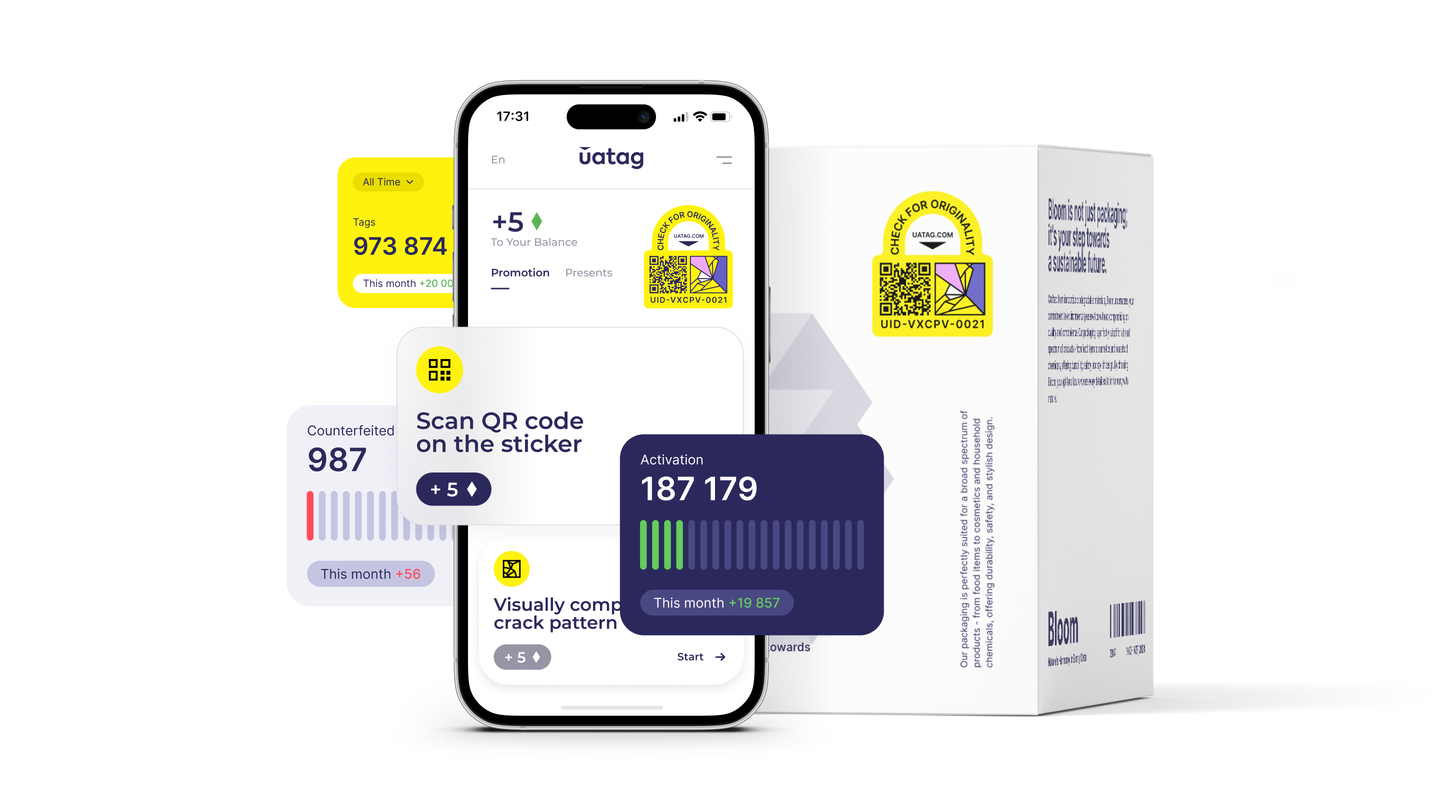
3. Benefits of the Digital Product Passport
The introduction of the DPP promises numerous benefits for both consumers and businesses. For consumers, it allows for informed purchases. By scanning a product’s QR code, they can access detailed information on the composition, origin, and options for repair or recycling. This promotes more environmentally conscious decisions when shopping.
For businesses, the DPP offers an opportunity to improve environmental efficiency by accessing detailed data on materials, production stages, and supply chains. With this information, companies can optimize production processes and make better-informed sustainability claims about their products.
The DPP also supports the implementation of circular business models, where products can be repaired or recycled, significantly extending their lifecycle and reducing the use of new resources.
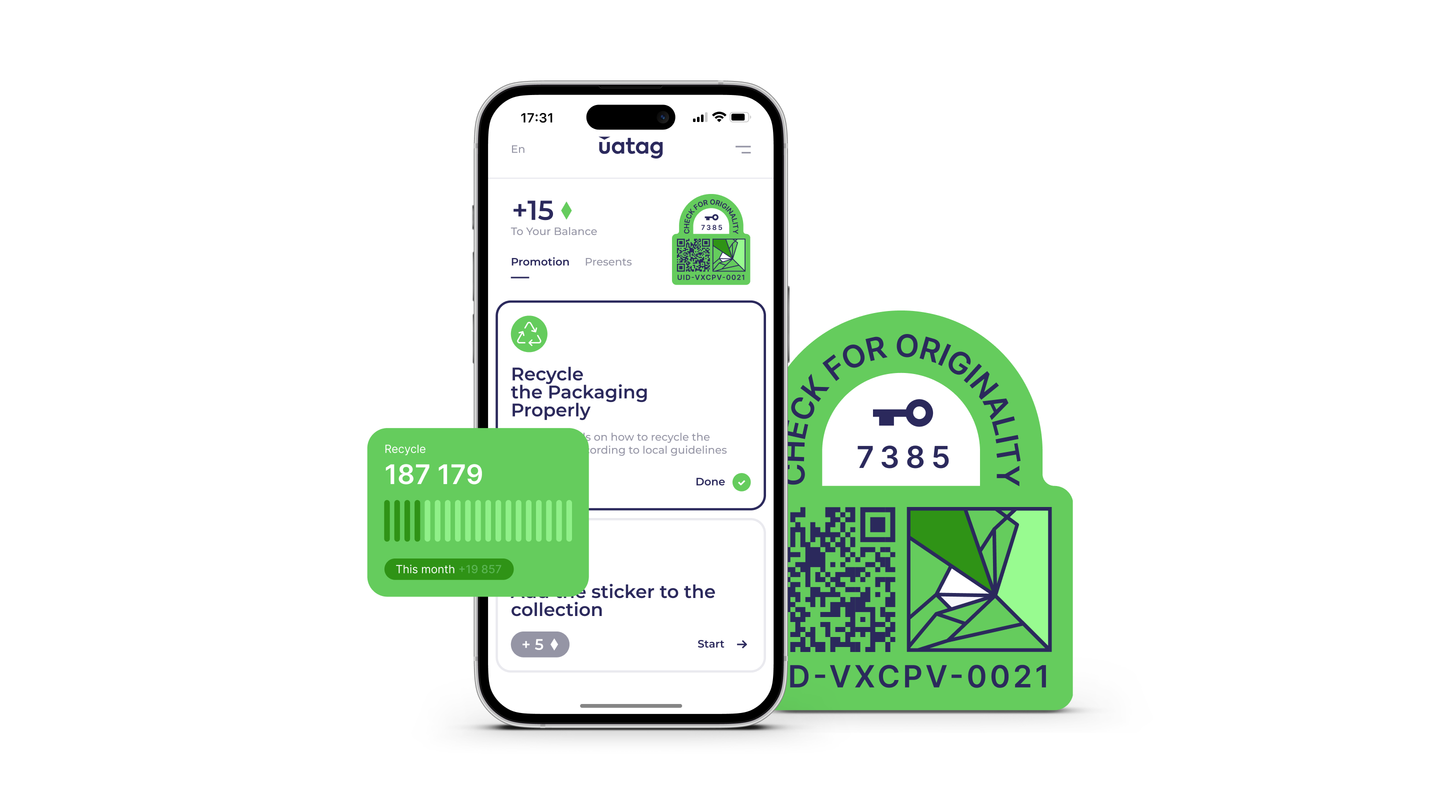
4. Industry Impact
While the Battery Passport has already become a standard for electronic products, with the new rules under the Sustainable Products Regulation, more sectors will face additional requirements. These include:
- The textile industry
- Electronic devices
- Construction
- Plastics
- Automotive industry
- Chemicals
Thus, the DPP is not a standalone concept. It supports other legislative initiatives, such as material origin tracing and data sharing among market participants.
5. Uatag’s Solutions for DPP Implementation
Uatag is actively supporting this initiative by offering unique solutions for creating and utilizing digital product passports. Their technology provides secure and unique marking tags that not only meet DPP requirements but also ensure reliable product traceability and authentication.
Uatag allows businesses to track and analyze product data in real time, contributing to achieving sustainability goals. Using their system, it’s possible to access information about a product's lifecycle, including data on production, usage, and recycling options.
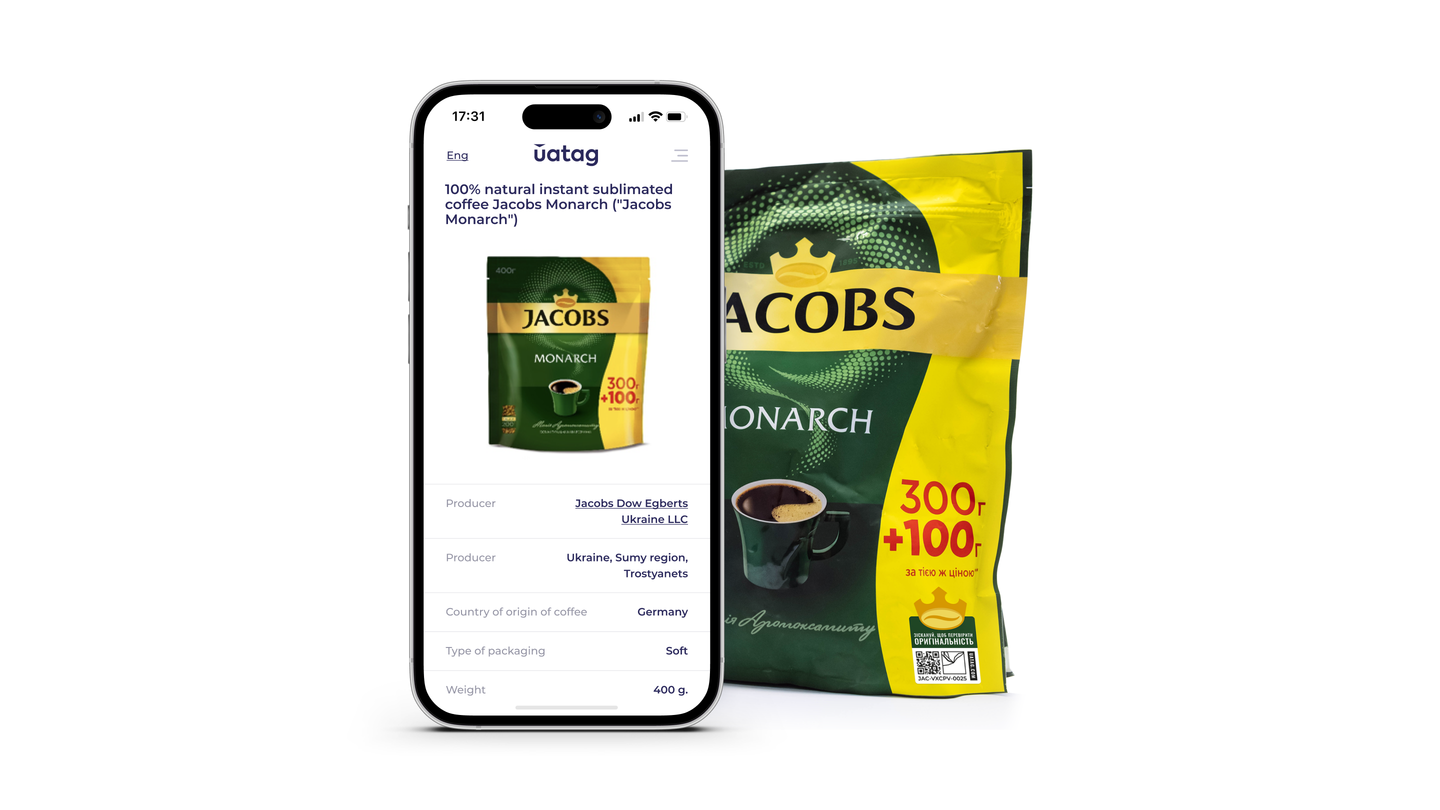
6. Strategic Advantage of Uatag’s Solutions
In light of EU regulatory changes, global retail is transitioning from traditional barcodes to Digital Product Passports. Integrating Uatag’s technology now allows businesses to prepare for new standards in both the EU and the US. By using Uatag’s solutions, companies can create digital tags for their products, ensuring compliance with regulatory requirements and simplifying product management.
7. Conclusion
The Digital Product Passport represents the future of the European economy and is already being actively implemented. Uatag is a key partner for companies aiming to meet these new requirements and stay competitive in this evolving digital world. With Uatag’s technologies, companies will not only fulfill EU requirements but also significantly improve product management efficiency, gaining a unique competitive edge in the global market.